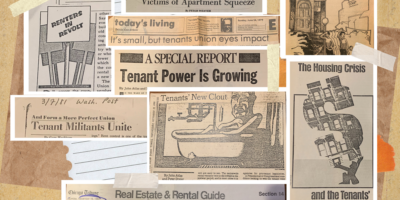Growing up, I don’t remember thinking much about my gender. I am the first-born daughter of three daughters who grew up with a single dad. I did yard work, shoveled snow, lifted heavy things, operated heavy machinery, and worked on construction job sites with my dad or landscaping jobs with my uncle since I was little (probably younger than 6). If things were slightly different, like if I grew up with a brother (my first brother was born when I was already an adult), I may have noticed my gender more- maybe I would have been treated differently by my parent. In early life and development, I’m not sure that I was consciously aware of my gender and did not feel any limitations to what I could do because of my gender. I think I started to become aware when they started separating “boys” and “girls” in gym class when I was around 10 or 11. I distinctly remember boys doing wrestling while the “girls” activity in gym was group dance. I really wanted to do wrestling but the gym teacher said I had to find another girl to do it with me- I did but they only let us do it for one day and we weren’t able to participate for the rest of the unit. Why did they have to separate us by gender? What about those activities did they find natural to one gender over the other? Only boys wrestle and only girls dance? It’s absurd. Why do activities have to be gendered in that way rather than base participation on interest? It may seem benign but it is actually very insidious to gender activities like what was done in my elementary school gym class.
Okay, hear me out. According to the ethic of domination, separating people by gender solidifies a “justification of inequality” because it promotes the idea of the gender binary as natural and also that “boys” and “girls” have designated activities. This can lead to dehumanization and violence because when a “boy” is interested in an activity that is designated as for “girls”, social dance in this case, that boy becomes marginalized and could be considered as less than and unnatural. This then promotes the “legitimization of violence” where violence is used to “maintain control” by maintaining the gender binary and in turn “subjugates those deemed inferior or subordinate”. This is not just an abstract theory, this happens all the time in real life. These are the theoretical underpinnings of the ethic of domination that is behind the 515 anti-LGBTQ bills in the U.S. (there were 31 more bills introduced since we talked about this in class several weeks ago). This is the ethic of domination that is behind the high rates of violence and harassment against LGBTQ+ individuals including the murder of O’Shae Sibley, a Black gay man who was stabbed late last month while voguing at a New York City gas station last July.

Gender is a historically contextual and racialized social role or expectation of how people, based on their assumed biological sex, should behave. In Western capitalist society and their colonies, gender roles are constructed as polar opposites-as a binary. Women are expected to be submissive, homemakers, emotional, cooperative, and monogamous. Men are expected to be assertive, work-focused, unemotional, competitive, & promiscuous. Gender roles have been an important facet of the capitalist system and the structure of the nuclear family and thus any challenge to the roles of man or woman has been seen as a threat to the domains of power. Challenges to gender roles and/or the nuclear family system come in the form of single-parent households, polygamists, reproductive rights, gay couples, trans people, community-based family systems and more! Why do you think there is so much reactionary backlash, violence, and vitriol around all or most of those categories?
I have never fit into the expectations of my gender as listed above. The older I got, the more I encountered gendered experiences where there were certain expectations that people had of me based on my existence as a (white) woman. How did anyone have a right to have expectations of me based on my perceived gender (always racialized)?? The more I understood how my gender impacted the ways I was perceived, the angrier I got and the more I sought to defy these expectations. For instance, I stopped shaving my legs in college. I am interested in further examining my relationship with my own gender- I want to know myself deeply and I want to understand the ways that the social system has shaped me and the ways I relate to myself and others.






